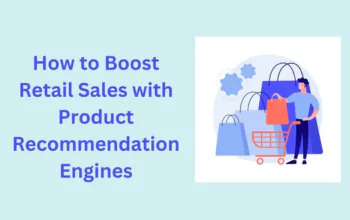Predict what users want before they are aware of them. Use AI and data to engage and convert.
Express Analytics’ best recommendation engine services are simple to set up and involve interest-specific, popular, and frequently seen and bought-together items.
Increase conversions with recommendation engine services
Use artificial intelligence for quicker data processing and customer response
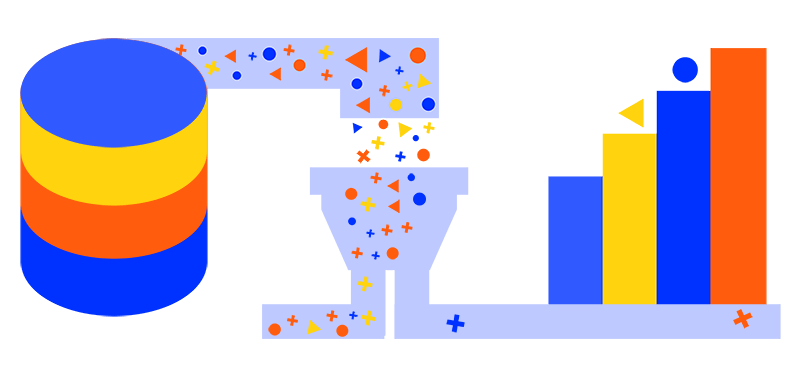
What benefits can you get from Recommendation Engine Module?
Delight customers with our laser precision Recommender Engine tool to recommend products across even the most complex product catalogs. Recommender Engine is backed by powerful AI algorithms to deliver top-notch recommendations. Increase overall sales and customer satisfaction with our AI-enabled recommendations.
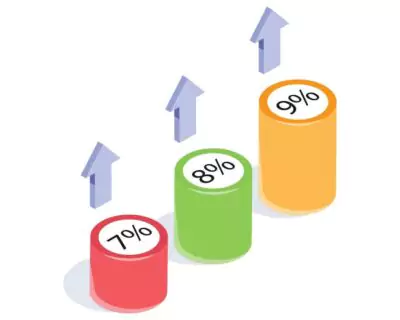
Increase Average Order Value
- Whether you want to sell combination products or just add a totally new product, increase the Average Order Value with our advanced recommendations.
- Recommendation engines can rely on AOV data to dynamically recommend promotions that are impressive without ruining profitability.
Deliver more Engaging content
- Deliver relevant product recommendations by analyzing the customer’s current site usage, previous browsing history and other metrics.
- They are crucial for online stores with huge product catalogs where consumers can get flooded by the varieties of options and leave.
- Offering suitable product recommendations relies on having authentic data that the engine can consistently inspect.
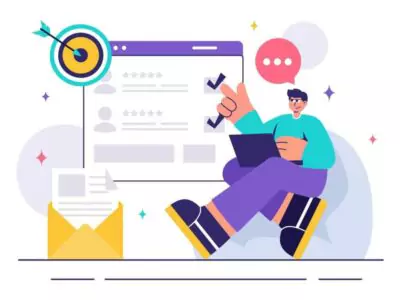
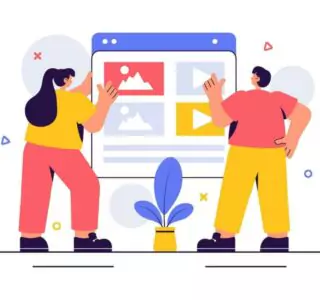
Improve User Experience
- Reduce bounce ratio by recommending the right products so customers don’t have to search repeatedly and improve the user experience.
- With our services, you can see an increase in 15% revenue and a 20% increase in productivity with suitable recommendations.
Drive Higher Profits
- Smart recommendations help to upsell and cross-sell thereby increasing basket size
- Consistently test and improve your recommendation algorithms to increase their productivity eventually, ensuring your recommendations are valid and fruitful in achieving profits.

Build personalized recommendation engines more quickly with us
Our machine learning recommendation engines help businesses to
Improve user satisfaction
Provide a unique brand identity
Increase Cross-selling and Up-selling
Predict business dynamics
Reduce workload
Increase revenue
Our Expertise
Our Recommendations Engine Software works both on Content-Based Filtering & Collaborative Filtering. This allows you to recommend products based on the same category, the same price, similarly bought products & demographic-based recommendations
Industry-Specific Use Cases of Recommendation Engines
Retail
- Cross-sell or Upsell products
- Automated marketing plans/campaigns
- Analysis of consumer behavior
E-Commerce
- Content and product recommendations for voice shoppers
- Excellent product search experience
- Personalized merchandising
Restaurant
- Recommend complementary items that align with the preferences of customers according to their past orders
- Promote seasonal specials or high-margin items to increase revenue
- Simplify the ordering process
Our Process
What Questions Does the Recommender System Resolve for Clients?
- Which products should we recommend to users?
- What type of recommendations drive the most sales?
- How do we personalize the user experience?
- What are users likely to purchase next?
- Which products are commonly bought together?
- How can we engage new users with limited data?
- How do we keep users engaged over time?
- How can we increase the average order value (AOV)?
- Which recommendation strategy works best?
- How do we improve product discovery for users?
- What times or channels are best for recommendations?
- Which users are at risk of churning?
To get answers to these questions, fill out this contact form.
- Which products should we recommend to users?
Determines the most relevant products based on user behavior, preferences, and purchase history.
Example : A user who previously bought a smartphone is recommended accessories like cases, chargers, or headphones. - What type of recommendations drive the most sales?
Identifies which recommendations result in the highest conversion rates or sales uplift.
Example : The platform discovers that recommending “frequently bought together” items boosts sales by 20%.
- How do we personalize the user experience?
Personalizes product suggestions based on individual preferences or past behavior.
Example : A returning user receives tailored recommendations for fitness gear based on their recent purchases. - What are users likely to purchase next?
Predicts future purchases based on historical data and user patterns.
Example : A user who has recently bought hiking boots is recommended hiking apparel and gear for their next purchase.
- Which products are commonly bought together?
Identifies items that are frequently purchased in combination to enable cross-selling.
Example : The platform discovers that customers who buy cameras often purchase memory cards and tripods. - How can we engage new users with limited data?
Provides recommendations to new users (cold start) based on general preferences or trends.
Example : A new user who hasn’t made a purchase is shown trending electronics based on popular items in their region. - How do we keep users engaged over time?
Keeps users engaged by offering relevant and dynamic recommendations based on real-time activity.
Example : A user browsing fitness trackers is shown real-time recommendations for the latest models and related apps.
- How can we increase the average order value (AOV)?
Suggests higher-value or complementary products to increase the overall cart value.
Example : A customer buying a laptop is recommended a higher-spec model and additional accessories to raise the AOV. - Which recommendation strategy works best?
Compares different recommendation algorithms (e.g., collaborative filtering vs. content-based) for effectiveness.
Example : Collaborative filtering is found to outperform content-based recommendations for books on the platform. - How do we improve product discovery for users?
Helps users discover new products or content they might not have found otherwise.
Example : A user who primarily buys sports equipment is recommended travel gear based on similar user behavior. - What times or channels are best for recommendations?
Identifies the best times or channels to deliver recommendations for maximum impact.
Example : A report shows that users engage more with push notifications during the evening, optimizing delivery times. - Which users are at risk of churning?
Identifies users who are likely to churn based on low interaction with recommendations.
Example : A report flags users who haven’t engaged with any recommendations in the last month, allowing targeted offers.


